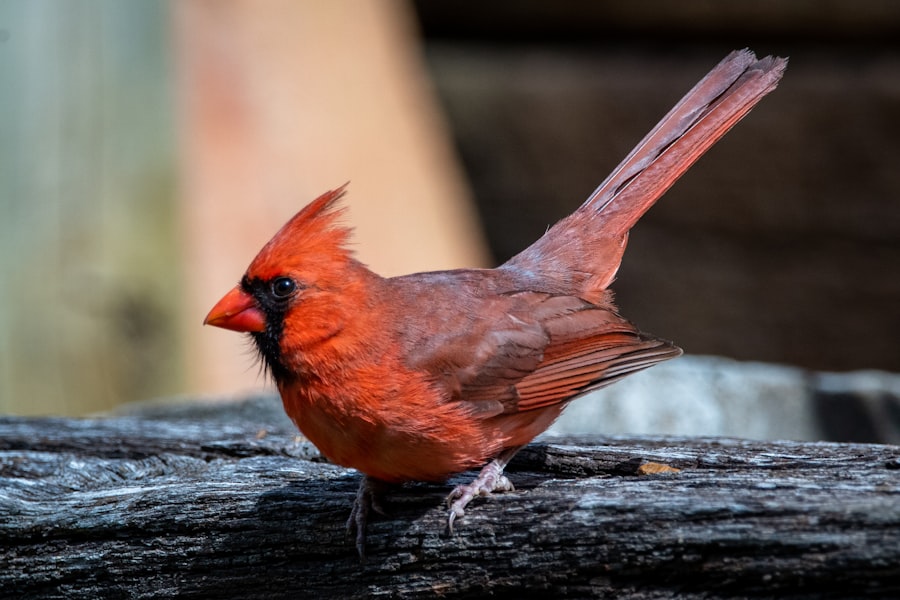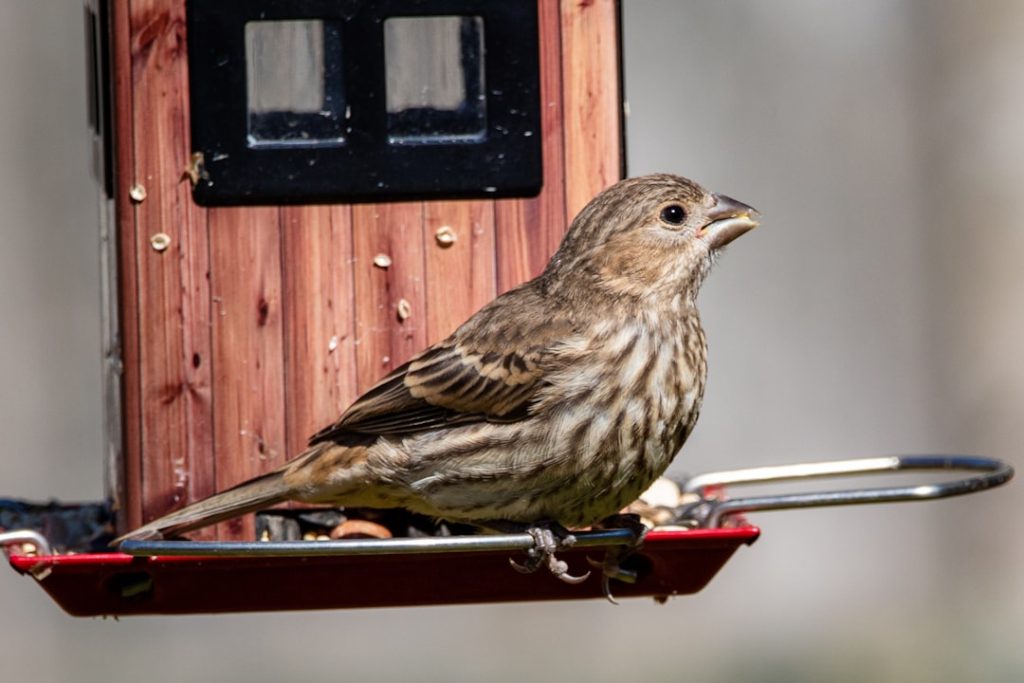In New Zealand, regulations for keeping chickens are governed by local councils and the Animal Welfare Act 1999. Each council has specific bylaws regarding chicken keeping, which may include restrictions on the number of chickens allowed, coop placement, and waste disposal. It is essential to consult your local council for precise regulations in your area.
The Animal Welfare Act 1999 establishes minimum standards for animal care, including chickens. These standards encompass providing adequate food, water, shelter, and space for natural behaviors. Compliance with both local bylaws and the Animal Welfare Act is crucial for ensuring a safe and healthy environment for chickens.
Adhering to these regulations is important for maintaining animal welfare, community well-being, and avoiding potential legal issues. Responsible chicken keeping involves consideration for neighbors and the surrounding area. By following local council regulations and the Animal Welfare Act 1999, individuals can enjoy keeping chickens while promoting animal welfare and community harmony.
Table of Contents
- 1 Determining the appropriate number of chickens for your property size
- 2 Factors to consider when deciding how many chickens to keep
- 3 The importance of providing adequate space and resources for your chickens
- 4 Tips for maintaining a healthy and happy flock of chickens
- 5 Potential challenges and solutions for keeping chickens in New Zealand
- 6 Resources and support for chicken keepers in New Zealand
- 7 FAQs
- 7.1 What are the regulations for keeping chickens in New Zealand?
- 7.2 How many chickens can I keep in New Zealand?
- 7.3 Do I need a permit to keep chickens in New Zealand?
- 7.4 What are the space requirements for keeping chickens in New Zealand?
- 7.5 Are there any restrictions on roosters in New Zealand?
Key Takeaways
- New Zealand has regulations in place for keeping chickens, including rules on coop size, distance from property boundaries, and waste management.
- The appropriate number of chickens for your property size depends on factors such as available space, local regulations, and the amount of time and resources you can dedicate to their care.
- When deciding how many chickens to keep, consider factors such as the breed, purpose (eggs, meat, pets), and the amount of attention and care they will require.
- Providing adequate space, shelter, food, water, and enrichment is crucial for the health and well-being of your chickens.
- To maintain a healthy and happy flock, ensure regular health checks, proper nutrition, clean living conditions, and protection from predators and extreme weather.
- Potential challenges of keeping chickens in New Zealand include predators, disease, and noise complaints, which can be addressed through secure coops, biosecurity measures, and communication with neighbors.
- Resources and support for chicken keepers in New Zealand include local poultry clubs, online forums, and government agencies such as the Ministry for Primary Industries.
Determining the appropriate number of chickens for your property size
Space and Comfort
When deciding on the number of chickens to keep, it’s essential to consider the space available for them to roam and forage. Chickens need room to exhibit natural behaviors like scratching, dust bathing, and pecking. A general rule of thumb is to provide at least 1-2 square meters of outdoor run space per chicken. This ensures they have enough room to move around comfortably and engage in their natural behaviors.
Coop and Structure Considerations
In addition to outdoor space, consider the size of your chicken coop, nesting boxes, and other structures like perches or dust bathing areas. These should be sized appropriately to accommodate the number of chickens you plan to keep.
Resources and Neighborly Considerations
Two more crucial factors to consider are the availability of resources like food and water, and the potential impact on your neighbors. Ensure you have enough feeding and watering stations to accommodate your flock, and consider the noise and odor implications of keeping chickens. By keeping a reasonable number of chickens relative to your property size, you can minimize any potential disturbances to those around you.
Factors to consider when deciding how many chickens to keep

When deciding how many chickens to keep, there are several factors to consider to ensure that you are providing a suitable environment for your flock. One important factor is the purpose of keeping chickens. Are you keeping them for eggs, meat, pest control, or simply as pets?
The purpose will influence the number of chickens you should keep. For example, if you are keeping chickens primarily for egg production, you may want to keep a larger flock to ensure a steady supply of eggs. On the other hand, if you are keeping chickens for pest control or as pets, a smaller flock may be more suitable.
Another factor to consider is your level of experience and available time for chicken care. Keeping chickens requires daily care and attention, including feeding, watering, cleaning, and monitoring for any health issues. If you are new to keeping chickens or have limited time available, it may be best to start with a smaller flock until you become more comfortable with chicken care.
Additionally, consider the breed of chickens you plan to keep. Some breeds are more prolific layers than others, so you may need fewer chickens to meet your egg production needs.
The importance of providing adequate space and resources for your chickens
Providing adequate space and resources for your chickens is essential for their health and well-being. Chickens require space to move around, stretch their wings, and engage in natural behaviors such as scratching and dust bathing. Inadequate space can lead to stress, aggression, and health issues among the flock.
It’s important to provide enough space both in the chicken coop and outdoor run to accommodate the number of chickens you plan to keep. Additionally, ensure that the coop is well-ventilated and provides protection from predators and the elements. In addition to space, providing adequate resources such as food, water, and nesting areas is crucial for maintaining a healthy flock.
Chickens require access to fresh water at all times, as well as a balanced diet that meets their nutritional needs. Ensure that there are enough feeding and watering stations to accommodate all of your chickens. Nesting areas should also be provided for hens to lay their eggs in a comfortable and secure environment.
By providing adequate space and resources for your chickens, you can help ensure that they are happy, healthy, and productive.
Tips for maintaining a healthy and happy flock of chickens
Maintaining a healthy and happy flock of chickens requires attention to their diet, living conditions, and overall well-being. One important tip is to provide a balanced diet that meets the nutritional needs of your chickens. This includes a high-quality commercial feed supplemented with fresh fruits, vegetables, and occasional treats such as mealworms or kitchen scraps.
Ensure that your chickens have access to fresh water at all times and that feeding stations are kept clean and free from mold or spoilage. Another tip for maintaining a healthy and happy flock is to provide enrichment activities that allow the chickens to engage in natural behaviors. This can include providing perches for roosting, dust bathing areas, and opportunities for foraging.
Enrichment activities help prevent boredom and reduce stress among the flock. Additionally, regular health checks and monitoring for signs of illness or injury are important for maintaining a healthy flock. Familiarize yourself with common chicken health issues and have a plan in place for addressing any concerns that may arise.
Potential challenges and solutions for keeping chickens in New Zealand

Weather Protection
To combat the elements, consider insulating the chicken coop during winter months or providing shade and ventilation during hot weather. This will help maintain a comfortable environment for your chickens.
Predator Control
Predators, such as rats, stoats, cats, and birds of prey, can threaten backyard chickens in New Zealand. To secure your flock, take measures to protect the chicken coop and outdoor run from potential predators. This can include using hardware cloth or welded wire fencing with small openings to prevent entry. Additionally, consider installing motion-activated lights or sound devices to deter nocturnal predators.
Disease Prevention
Disease prevention is another crucial aspect of keeping chickens in New Zealand. Common poultry diseases, such as coccidiosis or avian influenza, can pose a risk to backyard flocks. Practice good biosecurity measures, including limiting contact with other poultry flocks, regularly cleaning and disinfecting equipment, and monitoring for signs of illness among your own flock. By being proactive, you can help ensure the health and safety of your chickens.
Resources and support for chicken keepers in New Zealand
For those interested in keeping chickens in New Zealand, there are resources and support available to help you get started and maintain a healthy flock. Local councils often provide information on their websites regarding regulations for keeping chickens in specific areas. It’s also helpful to connect with other chicken keepers in your community through local poultry clubs or online forums.
These groups can provide valuable advice and support based on their own experiences with keeping chickens in New Zealand. Additionally, there are educational resources available through organizations such as the Poultry Industry Association New Zealand (PIANZ) or the Ministry for Primary Industries (MPI). These organizations offer information on best practices for poultry care, disease prevention, and biosecurity measures.
By staying informed and connected with other chicken keepers in New Zealand, you can access valuable resources and support to help you successfully raise a happy and healthy flock of chickens on your property. In conclusion, understanding New Zealand’s regulations on keeping chickens is essential for ensuring compliance with local bylaws and the Animal Welfare Act 1999. When determining the appropriate number of chickens for your property size, it’s important to consider factors such as available space, resources, purpose of keeping chickens, experience level, and breed selection.
Providing adequate space and resources for your chickens is crucial for their health and well-being, including access to fresh water, balanced diet, shelter from extreme weather conditions, protection from predators, enrichment activities, and regular health checks. Maintaining a healthy and happy flock of chickens requires attention to their diet, living conditions, enrichment activities, regular health checks, disease prevention measures, protection from predators, shelter from extreme weather conditions, compliance with regulations, access to resources and support from local councils, poultry clubs, online forums, educational organizations such as PIANZ or MPI. By being proactive in addressing potential challenges related to weather conditions, predators, disease prevention measures in New Zealand while accessing available resources and support networks can help ensure successful chicken keeping experience while promoting animal welfare and community harmony.
If you’re interested in learning more about raising poultry in New Zealand, you may also want to check out this article on large chicken coop ideas. It provides helpful tips and suggestions for creating a comfortable and spacious living environment for your chickens.
FAQs
What are the regulations for keeping chickens in New Zealand?
In New Zealand, the regulations for keeping chickens vary depending on the local council. Generally, there are rules regarding the number of chickens allowed, coop size, and distance from neighboring properties.
How many chickens can I keep in New Zealand?
The number of chickens you can keep in New Zealand depends on the regulations set by your local council. Some councils may have a limit on the number of chickens allowed, while others may not have specific restrictions.
Do I need a permit to keep chickens in New Zealand?
In some areas of New Zealand, you may need a permit to keep chickens. It’s important to check with your local council to understand the specific regulations and whether a permit is required.
What are the space requirements for keeping chickens in New Zealand?
The space requirements for keeping chickens in New Zealand vary by council, but generally, there are regulations regarding coop size and the amount of outdoor space required per chicken.
Are there any restrictions on roosters in New Zealand?
Some councils in New Zealand have restrictions on keeping roosters due to noise concerns. It’s important to check with your local council to understand the specific regulations regarding roosters.
Meet Walter, the feathered-friend fanatic of Florida! Nestled in the sunshine state, Walter struts through life with his feathered companions, clucking his way to happiness. With a coop that’s fancier than a five-star hotel, he’s the Don Juan of the chicken world. When he’s not teaching his hens to do the cha-cha, you’ll find him in a heated debate with his prized rooster, Sir Clucks-a-Lot. Walter’s poultry passion is no yolk; he’s the sunny-side-up guy you never knew you needed in your flock of friends!







